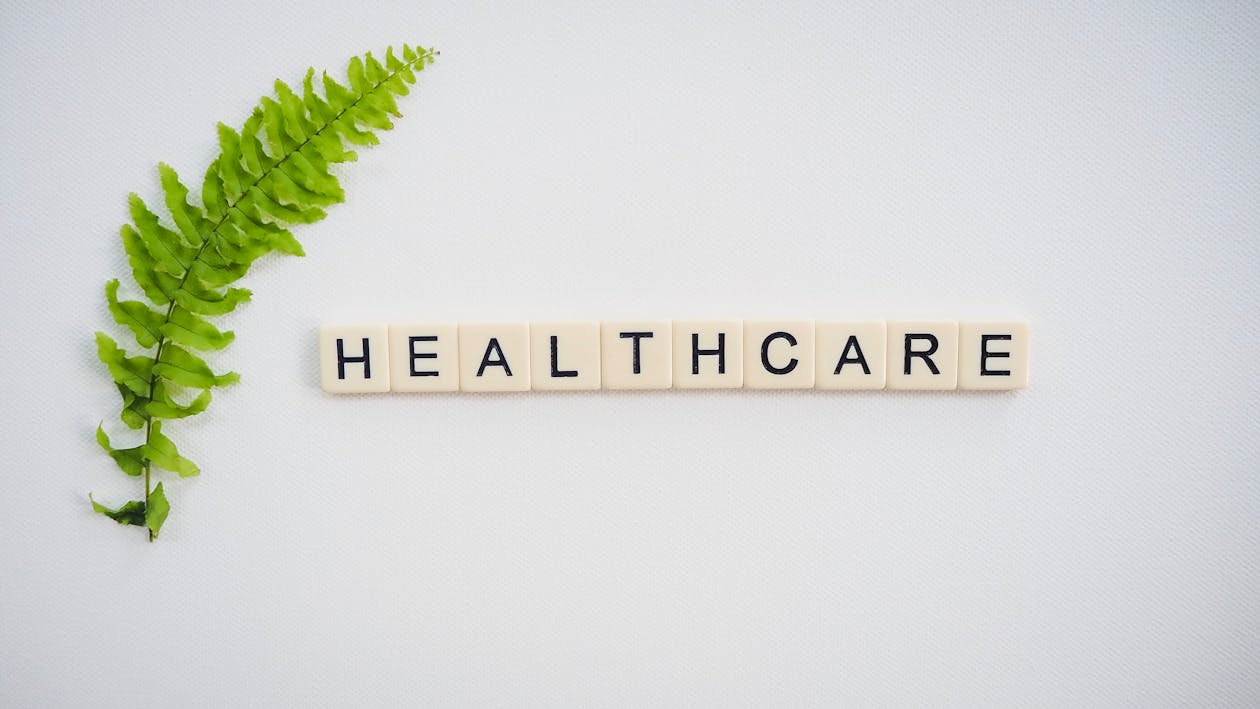How The Outcome Of The U.S. Election Will Affect The Healthcare Sector
If Donald Trump is elected on Tuesday, we think he will aim to repeal Obamacare and likely cancel federal drug price negotiations introduced under the Inflation Reduction Act. Kamala Harris, on the other hand, will want to keep both policies in place. Moreover, reshoring of pharmaceutical production will likely continue.

Image Source: Pexels
The healthcare policies of Trump and Harris differ in four key ways
For the US healthcare sector, Tuesday’s election matters in four key ways. Kamala Harris and Donald Trump differ starkly on the Affordable Care Act (ACA, also known as Obamacare), in their approach to drug prices, and in their stance on abortion rights. In addition, a Trump administration would likely increase tariffs, which could accelerate the reshoring of pharmaceutical production facilities. This article discusses these differences except for their stance on abortion rights, because the current policy will be very difficult to change unless the conservative majority in the Supreme Court is altered. Despite these important policy differences, we expect healthcare spending in the US to continue hovering between 16.0 and 17.5% of GDP regardless of who wins the election. In addition, we expect spending on pharmaceuticals to rise with a compound annual growth rate of 5% per year, because of population ageing and strong demand, aided by an increase in demand for weight loss drugs. This increase is in spite of both candidates aiming to bring prices down.
Pharmaceutical sales to increase regardless of election outcome
Pharmaceutical sales in billions of US dollars

Source: OECD; EIU; ING Calculations
The Affordable Care Act: federal subsidies likely the bone of contention
Currently, a record number of 45 million Americans are enrolled in coverage related to the ACA. This is an increase of a little over 14 million people compared to 2021 and nearly 33 million people more than in 2014. As such, demand for outpatient healthcare services (such as routine check-ups, preventative care or visits to physicians) has increased substantially, predominantly among lower-income families. In spite of its success, Trump has often promised to repeal and replace the ACA, though he has recently distanced himself from such remarks. The previous Trump administration also tried to overturn Obamacare, but failed to do so on multiple occasions.
In 2019, the Trump administration did succeed in weakening the ACA by getting rid of tax penalties that were imposed on individuals who did not purchase insurance under the individual mandate. We believe a complete overhaul of Obamacare under Trump is not likely, but cutting federal subsidies (like premium tax credits) for Obamacare policy holders is. In addition, a Trump administration could reduce spending on advertising and shorten enrolment periods, which would likely lead to less enrolment. However, we do not foresee a lot of reimbursement risk (i.e. incrementally covering less treatments) under a Trump presidency. Harris, in contrast, has vowed to keep the ACA in place and will likely expand federal subsidies for Obamacare policy holders, as well as make those subsidies permanent.
Costs of drugs: federal price negotiations versus greater transparency
Under the Inflation Reduction Act (IRA), which was introduced by the Biden administration, Medicare can directly negotiate with drug manufacturers of important costly drugs to secure lower prices. For the first 10 drugs selected, lower prices have been agreed and will come into effect in 2026. In 2025, a second round of negotiations for 15 additional drugs will take place. If Harris is elected, price negotiations under the IRA will continue and likely cover roughly 60 medicines over the next four years. However, if Trump is elected, price negotiations at Medicare will likely be delayed or cancelled altogether. As an alternative, Trump has indicated his administration would try to introduce legislation that mandates pricing transparency.
Reshoring to continue
Pharmaceutical companies will likely have to invest in their supply chains, regardless of who wins Tuesday’s election. Medicine shortages across the developed world are large, and dependence on Chinese and Indian APIs are significant. Given mounting geopolitical tension, and the US Biosecure Act pending approval in 2025, US drug manufacturers will likely need to reshore their production facilities in the years to come, especially for the most important medicines and vaccines. A Trump presidency, however, might accelerate these investments even more. Trump has indicated that tariffs will be a priority should he return to the White House. In addition, he has indicated that he wants US corporates to shorten supply chains into the US itself. Trump’s approach would be the proverbial ‘stick’, whereas Harris would likely try to incentivise reshoring which would be the ‘carrot’ approach. This does not change the policy fundamentally, but might alter its timeline.
House and Senate elections matter for healthcare policy
Regardless of who becomes president on Tuesday, the extent to which they can change policy will depend on the outcome of the House and Senate elections. In the House, where Republicans currently hold 220 of 435 seats, all 435 seats are up for election. In the Senate, where the Democrats currently hold 51 of 100 seats, 33 seats are up for election. Of the Senate seats up for election, Democrats hold 19, Republicans 11, and Independents 4. If one of the two candidates has a clean sweep, then policies would be easier to change and implement and policy changes would likely be quicker. In any case, the US healthcare sector eagerly anticipates what’s in store for it on Tuesday. The US healthcare sector stands at a critical juncture, eagerly awaiting its diagnosis and anticipating what the treatment will be.
More By This Author:
Chaos Strikes Super Micro (Again)
Think Ahead: The Oohs And Ahhs Of This Week’s Electoral And Fiscal Fireworks
Riksbank November Preview: 50bp Cut Likely, But Watch Post-US Election Volatility
Disclaimer: This publication has been prepared by the Economic and Financial Analysis Division of ING Bank N.V. (“ING”) solely for information purposes without regard to any ...
more


